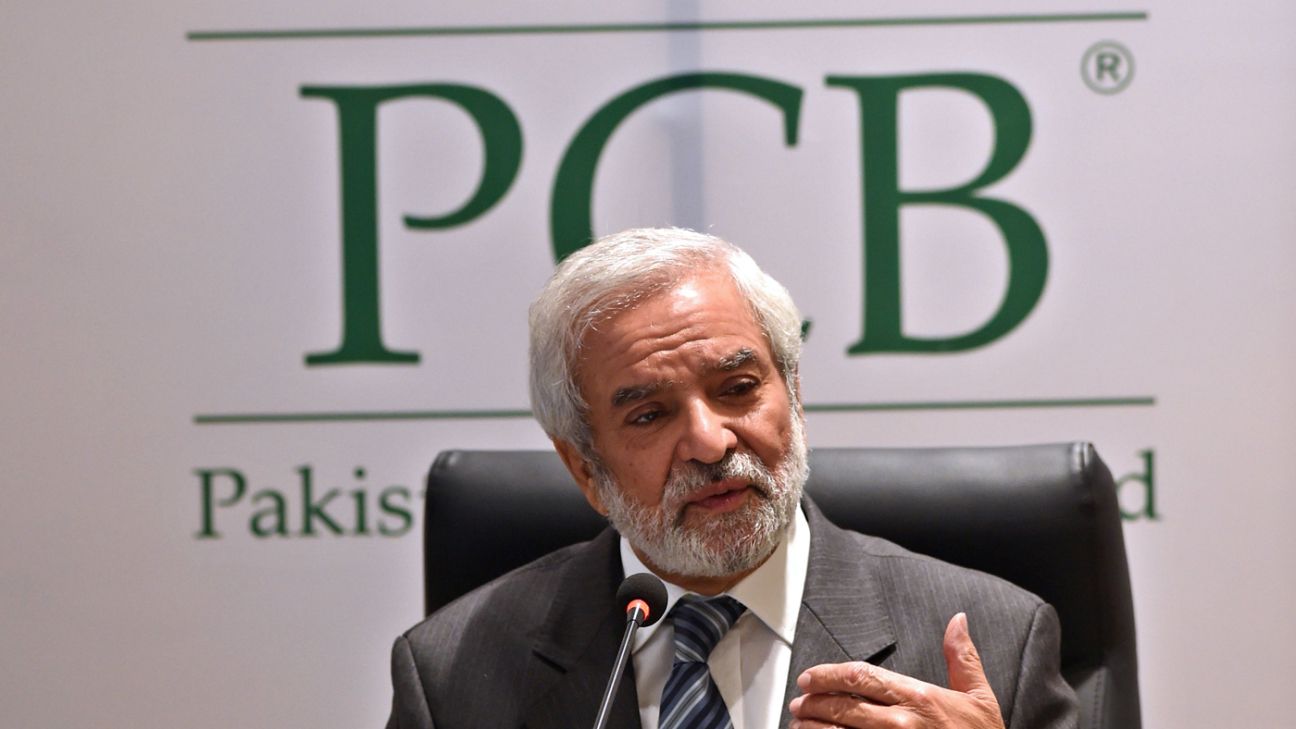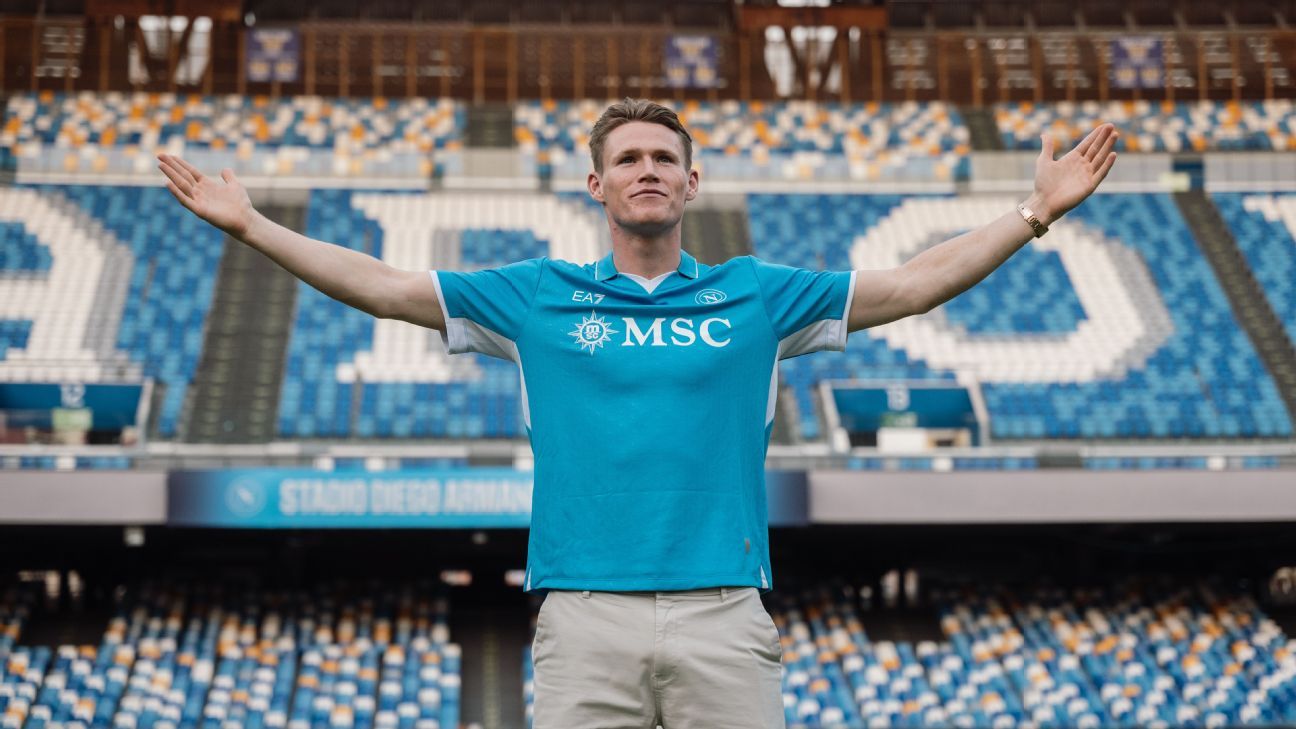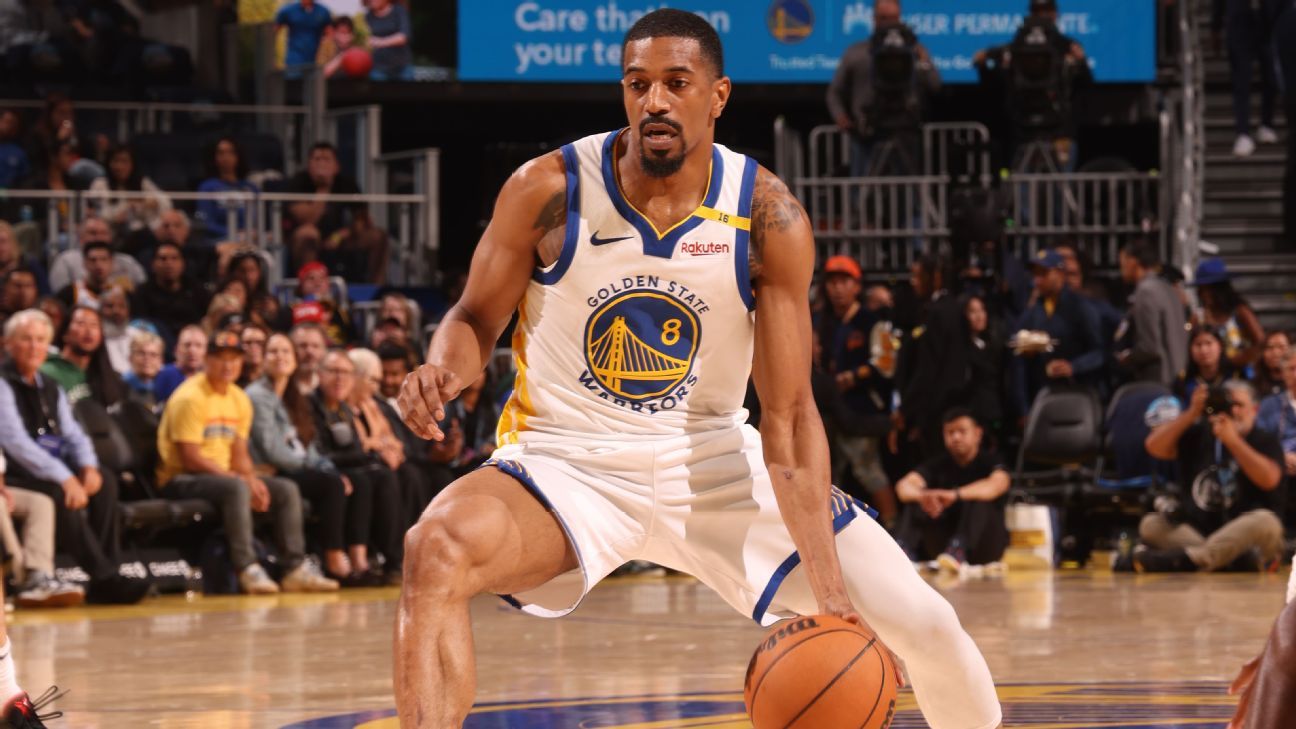
Subhan Ahmed, one of the PCB's longest-serving officials, has decided to part ways with the board, after 25 years. Ahmed was currently the board's chief operating officer but over the years has been a central figure in the administration in a number of roles - and until Wasim Khan's arrival, he was effectively the board's CEO.
He had been on leave for the past three weeks, and on Friday, PCB chairman Ehsan Mani informed the Board of Governors that Ahmed would not be returning. As per the constitution of the board, a new appointment for the COO's post has to be made within 90 days.
"It has been a wonderful journey and an honour to represent the PCB at international forums as well as to contribute in the PCB's transformation from a semi-professional to a thoroughly professional and one of the best-performing organisations of the country," Ahmed said in a statement. "I am grateful to all my colleagues and peers for their support and guidance, and the role they played in my development as a professional and progression from a junior officer to the Chief Operating Officer. Without their backing and patronage, I would not have achieved my career targets and objectives. I will remain a well-wisher of the PCB."
Ahmed started his career as a statistician in 1994 in PCB's Karachi office, and then moved to Lahore in 1996 to take up a role in PCB's international operations. He has served the board in various capacities during his long tenure, being the general manager, senior general manager, and even acting director of human resources and administration. He was installed as the COO in 2010 by Ijaz Butt, then the PCB chairman, replacing the retiring Wasim Bari.
From 2010 to 2018, Ahmed became a key figure in the administration. He was instrumental in ensuring a stable relationship with the ICC and the international community during an especially tumultuous period in Butt's tenure. Ahmed was often the man the ICC reached out to - even relied on - in its dealings with the PCB through a number of major moments, including the terrorist attack on the Sri Lanka side in 2009 and the spot-fixing scandal the year after that. In the ultimately failed battle against the Big Three changes at the ICC in 2014 too, Ahmed played a key role, negotiating the PCB's position with the BCCI, CA and the ECB.
Since the arrival of Wasim Khan as the new chief executive officer, however, Ahmed's powers had been drastically curtailed. The new PCB constitution, which was implemented this year, mandated that the COO's functioning had to be prescribed, or directed by, the CEO in consultation with the chairman. Ahmed was overseeing four departments in the PCB administration: legal, security, infrastructure and real estate, and administration - a demotion of sorts as Khan took over the major responsibilities.
Ahmed still retained influence within the board among other officials, which, it is believed ultimately became an issue. There was talk within the board of a growing "mistrust" between Ahmed and Khan which was brought to the attention of Mani. The situation became so that ultimately, it was clear that Ahmed would have to leave for Khan to have the space to work in his position.
Mani, though was effusive in his praise for Ahmed's years of service, and hinted at involving Ahmed for specific projects in the future.
"Subhan has made outstanding contributions to the PCB with respect, humility and integrity. Over the past so many years, he was at the forefront when the PCB made changes to how it operated and negotiated lucrative commercial deals to ensure the sport continues to remain healthy and thrive in Pakistan. In this background, it is sad to see him depart," Manis said in a statement.
"Subhan will reflect on his time at the PCB with a lot of pride as the organisation came out of age during his watch and earned the reputation as one of the most respected cricket bodies in the world. That is his legacy and an inspiration for all those who are or will serve this great institution in years to come. On behalf of the PCB, I thank Subhan for his untiring services and wish him well for the future. The PCB would like to continue to benefit from his experience and we will be discussing a role based on specific projects."















 Phone: (800) 737. 6040
Phone: (800) 737. 6040 Fax: (800) 825 5558
Fax: (800) 825 5558 Website:
Website:  Email:
Email: 






